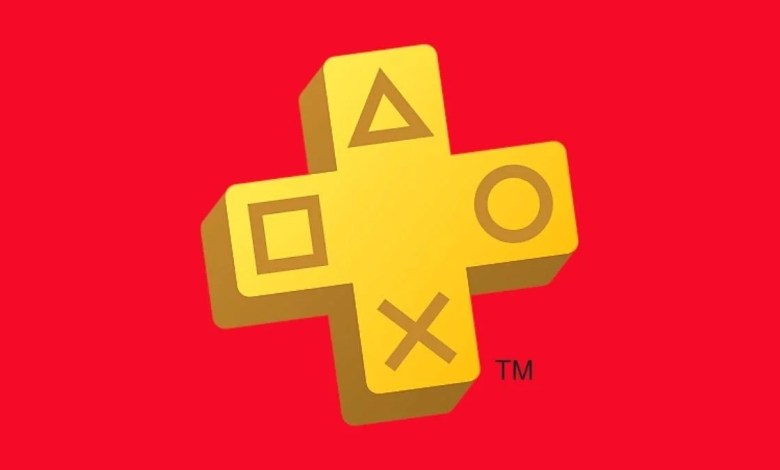Games
Because of the game Fortnite.. Epic fined $ 245 million
Advertisement
The FTC has ordered Epic Games to pay $245 million to players for forcing them to purchase unwanted content in Fortnite. This fine is in favor of the players, and the company will also pay another amount to the FTC as a penalty for this charge.
Epic Games has been accused by regulators of inducing players to purchase unwanted content in Fortnite. Not only that, but the company is also alleged to be targeting children who make purchases without parental control on their accounts.
The company will pay $1.5 million to players and $1.5 million to the commission as punishment for its actions. This charge has been filed against the company since last December, and a settlement has now been reached, and this is the result.
Explaining the issue, the company allegedly used methods to force players to make in-game purchases with just one click. For example, the authority stated that the game allows players to launch it with the press of a button if it's in sleep mode, and that pressing a button can also allow players to unintentionally view and purchase a specific product.
It's worth noting that Fortnite was released in 2017 and is a battle royale game. The game offers a set of outfits and weapons that players can purchase using in-game V-Bucks. Once purchased, the process cannot be refunded or reversed, and you cannot sell a product you purchased, making it worthless. Here's what the authority said, according to VGC:
Fortnite's unintuitive, inconsistent, and confusing button layout has resulted in players incurring unwanted charges based on a single button press.
The company also made it easier for children to make in-game purchases without parental consent. Epic also terminated the accounts of customers who disputed unauthorized charges with their credit card companies.
This isn't the first time Epic has been forced to pay damages to some users because of the game Fortnite, but this settlement may be the largest yet.
Do you really think the company is involved in a case like this? Or is it just another claim?
The link has been copied





